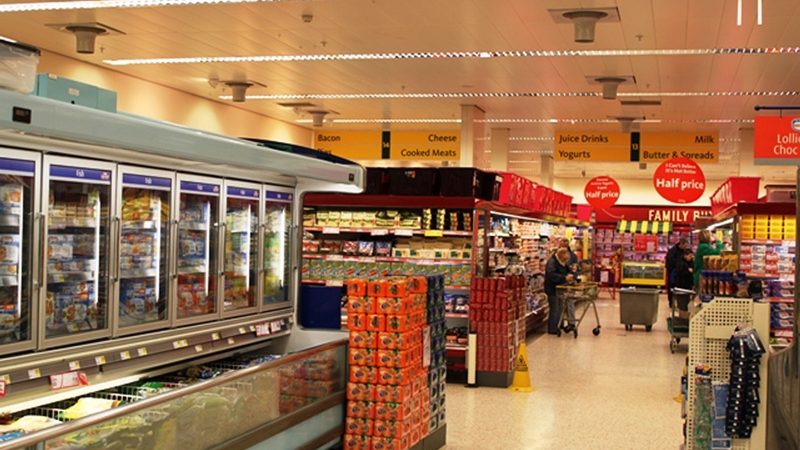The average household bill has seen a rise in its food bills of £210 in those years, with poorer households disproportionately affected.

Brexit has added almost £6bn to UK food bills in the two years to the end of 2021, as a result of extra red tape which has meant that the cost of food imported from the EU has increased, a new report has found.
The research, published by the London School of Economics finds that the average household bill has seen a rise in its food bills of £210 in those years, with poorer households disproportionately affected.
The Centre for Economic Performance (CEP) found that ‘food prices increased by six per cent and finds that for the poorest households, this feeds through into a Brexit-induced rise in the overall cost of living of 1.1 per cent – 52 per cent more than the 0.7 per cent rise felt in the top 10 per cent of households’.
Richard Davies, an associate of CEP’s growth programme and a professor at Bristol University and study co-author, said: “The UK inflation rate rose above 11 per cent in 2022, the highest rate in 40 years. Many factors, affecting both supply and demand for goods and services, are involved. One factor in this high inflation has been the rise in non-tariff barriers for trade with the EU.
“In leaving the EU, the UK swapped a deep trade relationship with few impediments to trade for one where a wide range of checks, forms and steps are required before goods can cross the border. Firms faced higher costs and passed most of these onto consumers. Over the two years to the end of 2021, Brexit increased food prices by around six per cent overall.”
Nikhil Datta, an associate of CEP’s labour markets programme and an assistant professor of economics at Warwick University and study co-author, said: “The policy implications are stark: non-tariff barriers are an important impediment to trade that should be a first-order concern, at least on par with tariffs, for policymakers interested in low consumer prices.
“We calculate that Brexit caused a loss of £210 for the average household, or £5.84 billion overall, when looking at its impact on the food market alone. Since poorer households spend a larger fraction of their income on food, they are hit harder.”
Basit Mahmood is editor of Left Foot Forward
To reach hundreds of thousands of new readers we need to grow our donor base substantially.
That's why in 2024, we are seeking to generate 150 additional regular donors to support Left Foot Forward's work.
We still need another 117 people to donate to hit the target. You can help. Donate today.



